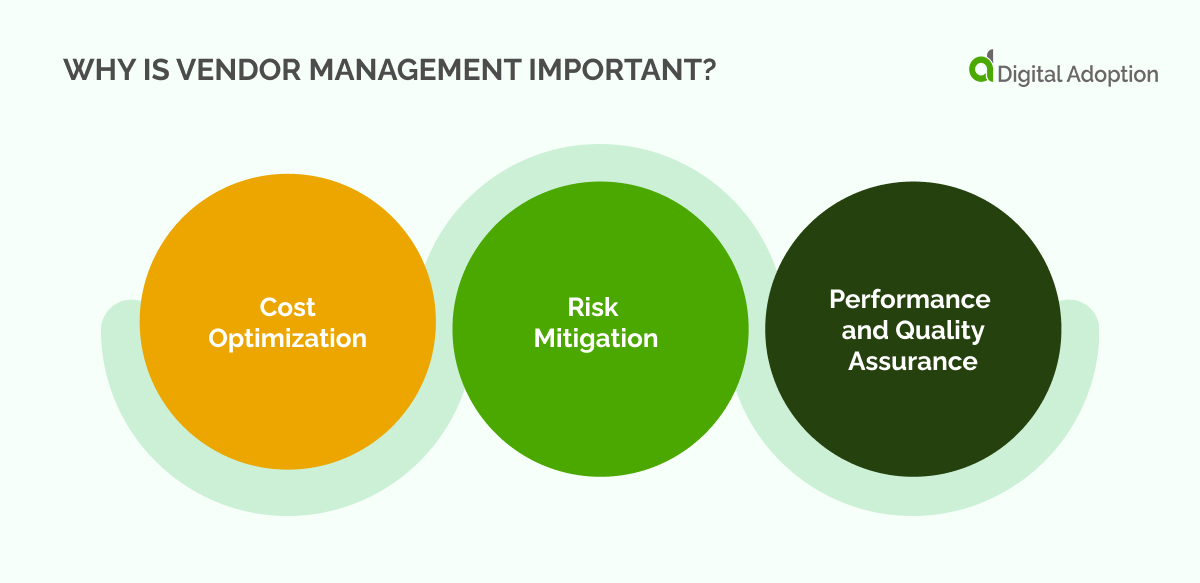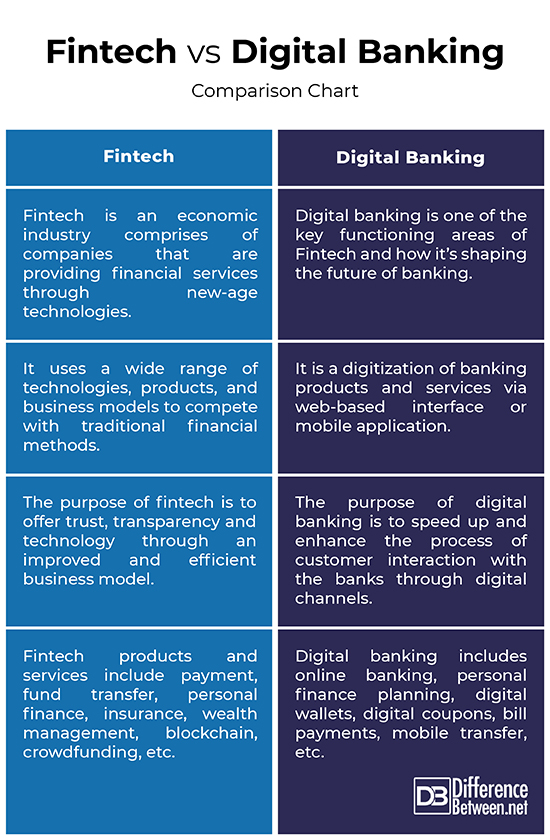Why Vendor Management Is Important For Your Business?
Vendor management is a critical part of running a successful business. It is the process of managing relationships with external suppliers and vendors in order to ensure that they are providing quality goods and services at an acceptable cost. Vendor management is important for businesses because it helps to maintain good supplier relationships, create cost savings, and ensure that products and services are delivered on time. By partnering with reliable vendors, businesses can benefit from cost savings, improved quality of products and services, and increased customer satisfaction. Vendor management also helps businesses to stay organized and make better decisions. By having a clear understanding of their vendors, businesses can ensure that they are getting the best value for their money and that their vendors are meeting their expectations.
Understanding Vendor Management
Vendor management is a critical component of any successful business. It is the process of managing relationships between your business and the vendors you do business with. Vendor management helps you get the best quality services, goods, and resources from your vendors at the most competitive prices. It also helps you to maintain a positive and productive working relationship with your vendors, ensuring that your business runs smoothly and cost-effectively.
Vendor management involves setting clear expectations for both your business and your vendors, and monitoring the performance of your vendors to ensure that they meet those expectations. This includes setting goals and objectives, monitoring vendor performance, and taking corrective action when necessary. Vendor management also involves managing contracts with vendors, negotiating terms and conditions, and ensuring that the contract is being fulfilled.
Vendor management can help businesses save time and money, as it allows them to focus on core operations and objectives, rather than managing vendor relationships. It can also help businesses to ensure that they are getting the best value for their money, as well as improve vendor relationships. By properly managing vendors, businesses can ensure that they are getting the best quality services and resources from their vendors, while also reducing costs associated with doing business with them.
Benefits of Vendor Management
Vendor management is a crucial element of any successful business. It helps businesses maintain relationships with vendors, ensuring that goods and services are received in a timely manner. But beyond that, it also provides many other benefits, such as cost savings, improved communication, and increased efficiency.
Cost savings can be achieved by negotiating better pricing with vendors, as well as by streamlining processes, eliminating waste, and avoiding unnecessary costs. Improved communication between vendors and the company leads to better quality products and services, as well as more efficient delivery. This, in turn, can lead to increased customer satisfaction, which is key to any business’s success.
Vendor management can also increase the efficiency of a business. By having one point of contact for all vendors, it eliminates the need to manage multiple relationships, which can be time-consuming. This can help free up resources to focus on core business activities.
Overall, vendor management is important to ensure that goods and services are received in a timely manner, and also to take advantage of the cost savings, improved communication, and increased efficiency that comes with it. When done right, it can be a major asset to any business.
Identifying the Right Vendors
Vendor management is essential for businesses of all sizes. It’s important to identify the right vendors that will help you achieve the best results for your company. There are several factors to consider when selecting a vendor, such as the cost of services, quality of services, availability of services, and the vendor’s reputation. Additionally, it is important to ensure that the vendor is reliable and trustworthy.
Businesses must consider all of these factors and evaluate all of the vendors available to determine the best fit for their needs. This evaluation process should include researching the vendor’s background and experience, as well as their customer service and communication skills. It is also important to review the vendor’s terms and conditions and make sure that the vendor’s services meet the company’s needs. Additionally, it is important to negotiate the best possible terms and conditions with the vendor.
By thoroughly evaluating the vendors available and selecting the best fit for your business, you can ensure that your business is getting the best services at the best prices. Vendor management is essential for businesses of all sizes and having a clear understanding of the services each vendor provides can help you make the best decision for your business.

Establishing Vendor Agreements
Vendor management is a critical process for any business. It ensures that your company is working with reliable vendors who provide quality services and products. Establishing vendor agreements is an important part of the vendor management process. It involves defining the terms of the relationship between the business and the vendor, including the scope of services, payment terms, and more. Having a written agreement in place provides clarity and helps to ensure that both parties honor their commitments. It also helps to protect the business in the event of a dispute. When entering into a vendor agreement, it is important to consider the following: pricing, delivery terms, payment terms, liability, warranty, confidentiality, and dispute resolution. All of these should be clearly outlined in the agreement to ensure that both parties understand the terms of the agreement and are comfortable with them. By establishing vendor agreements, companies can ensure that their vendor relationships are successful and beneficial.
Managing Vendor Relations
hips
Vendor management is a crucial part of running a successful business. Without proper vendor management, businesses are unable to maximize their supplier relationships and may face potential legal and financial risks. To ensure the highest quality of service from vendors, businesses must understand the importance of managing vendor relationships.
Vendor management involves setting expectations for vendors, ensuring that they are meeting those expectations, and maintaining a mutually beneficial relationship. This requires businesses to clearly communicate their goals and objectives with vendors and provide feedback when necessary. Additionally, businesses should also stay up-to-date with industry trends and regulatory changes to ensure that their vendor relationships remain compliant with the latest regulations.
Vendor management is also essential for cost savings. By engaging in regular negotiations and utilizing competitive bidding processes, businesses can ensure they get the best prices on supplies and services. Additionally, businesses can save money by finding the most efficient vendor to meet their needs.
Overall, vendor management is essential for businesses to maximize their relationships with vendors and ensure cost-saving measures are in place. By understanding the importance of vendor management, businesses can create mutually beneficial relationships that ensure their success.
Evaluating Vendors
Vendor management is an essential part of running a business, and evaluating vendors is a key aspect of this process. This involves researching potential vendors, assessing their suitability for your needs, and comparing them with other vendors. Doing so can help you find the best fit for your business, both in terms of the quality of their products and services, and in terms of cost. Additionally, it helps you ensure that the vendor you select is reliable, trustworthy, and capable of meeting your needs.
When evaluating vendors, it is important to consider a variety of criteria. This includes the vendor’s reputation, experience, and the quality of their products and services. It is also important to consider the vendor’s pricing structure, the payment terms they offer, and the turnaround times they offer. Most importantly, you should look for vendors who have a solid track record of customer satisfaction and who are willing to provide references from satisfied clients.
Evaluating vendors is a time-consuming process, but it is essential for ensuring that your business is working with the right partners. Taking the time to properly evaluate vendors can save time and money in the long run, and can help you make an informed decision about the vendors you choose to work with.
FAQs About the Why Vendor Management Is Important For Your Business?
1. What is vendor management and why is it important?
Vendor management is the process of managing relationships and agreements between your business and its vendors. It is important for businesses to manage their vendors to ensure they are providing quality goods and services at competitive prices, while also complying with regulatory requirements.
2. What are the benefits of vendor management?
Vendor management can provide numerous benefits to businesses, including cost savings, improved service levels, better risk management, and increased visibility into vendor performance. Additionally, it can help to improve communication between vendors and businesses, leading to a smoother working relationship.
3. How can I effectively manage my vendors?
There are a few key steps to effectively manage your vendors. First, you should establish clear and consistent expectations for your vendors. You should also develop a robust vendor selection process and review vendor performance on a regular basis. Additionally, it is important to maintain good communication with your vendors to ensure expectations are being met.
Conclusion
Vendor management is an essential element of any successful business. It helps to ensure that all of your vendors are reliable and trustworthy, that goods and services are delivered on time and at the right cost, and that you maintain a good working relationship with your vendors. With the right vendor management strategy in place, you can maximize the value that you get from your vendors and ensure that your business runs more efficiently and cost-effectively.


